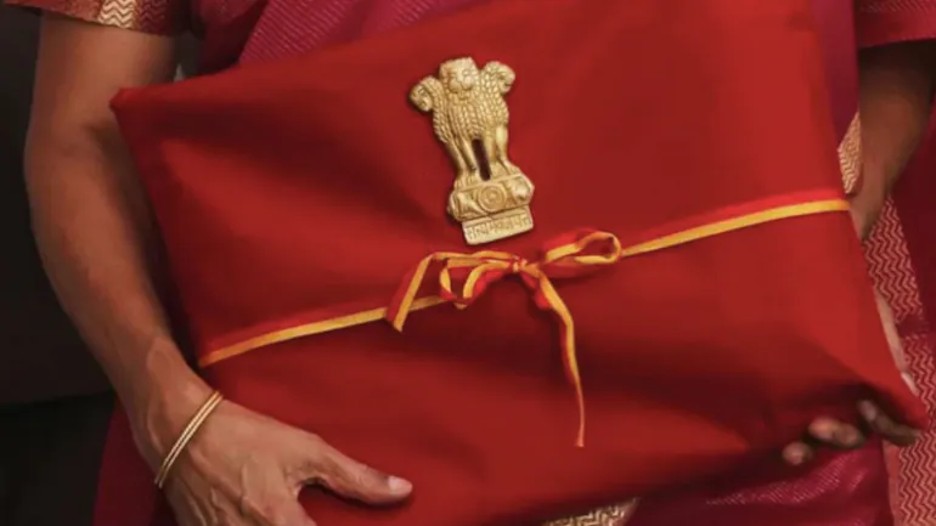As the fiscal year enters its last quarter, India’s parliament is working on implementing changes to tax codes for various industries in order to address the budgetary gap left by the pandemic. These analytics and spending bills will likely affect petroleum, medical items, food delivery, gaming, precious metals, and some other goods for FY 2022-2023.
India’s GST (Goods and Services Tax) is extensive and multistage, which means they are introduced at several points in the production process and are based on the net value added at each stage. This form of taxation is also sometimes known as Turnover taxes. Unlike other types of taxes, India’s GST is collected at the point of consumption rather than where the product originated. Finally, it is a destination-based tax, so taxes are levied where the product is sold rather than where it was made, for example. This law went into effect in 2017. Products are usually taxed at tabs of 0%, 5%, 12%, 18% or 28% depending on the industry.
Expected Changes to India’s GST Laws for Products
Earlier this year, when the Indian government unveiled a massive spending plan in order to bridge the large fiscal deficit of 9.3% of GDP in 2020-21, they also announced a series of panels that will examine the country’s GST laws and determine where changes need to be made. After months of work, economists predict that the Indian government will largely accept changes in many laws to be able to raise taxes in those industries.
With the price of petrol rising by Rs 100 in some areas, the government began to look at the possibility of levying petroleum under the GST tax. It is currently not applicable under that tax, but some members of parliament as well as economists suggested that with the correct change in laws, petroleum can be taxed at 28%. However, Modi as well as other opponents of this plan say that such a change may take eight to 10 years to implement, otherwise the government may lose out on much more than they could gain. There is a panel made up of congress members exploring this topic.
The same panel is currently looking at raising taxes on metal ore, iron, and copper to 18%. Some renewable energy products may be looking at an increase to 12%.
GST for Digital Services and Newer Industries
Another panel is looking at increasing taxes on food delivery services like Zomato and Zwiggy by bringing them under the umbrella of GST taxes. Like most digital services, the federal government has been slow at recognizing and taxing them properly. Restaurants pay a specific amount under GST taxes, and it is likely that any measure to bring in more tax revenue will pass.
In a similar spirit the Guwahati Plus reported, another panel is examining online casinos and the need to legalize and tax websites under GST laws, which would bring in a whole new branch of revenue.
Indian citizens should expect that some things will rise in cost over the next few years, according to financial experts at Bloomberg News.



 Bitcoin
Bitcoin  Ethereum
Ethereum  Tether
Tether  XRP
XRP  Solana
Solana  USDC
USDC  Cardano
Cardano  TRON
TRON  Lido Staked Ether
Lido Staked Ether  Avalanche
Avalanche  Toncoin
Toncoin